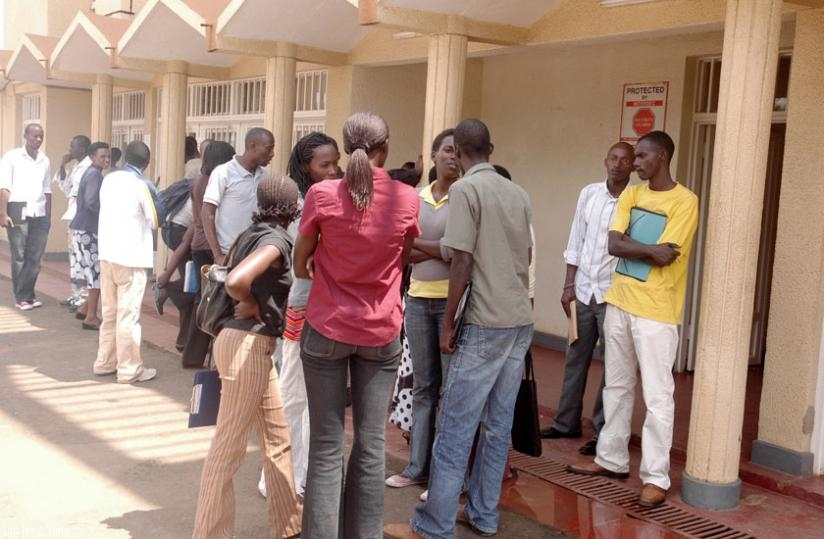
Holistic approach needed to fix survivors’ problems.
Letter published in The New Times.
12th May 2015.
Reference is made to the Editorial, “FARG’s envisaged move could be the turning point” (The New Times, May 8).
I would first of all like to thank The New Times for its exceptional sense of professionalism.
This move cannot help in anything; by the way it is not a new move. The income-generating programmes have been a core component of FARG (Fund for Support for Vulnerable Genocide Survivors) since its creation in 1998 but its projects did not result in anything tangible.
The issue has never been funding as FARG seems to claim. The issue has been and remains transparency and effectiveness in the very management of FARG as an institution.
Since its establishment, the Government has injected into FARG over Rwf200 billion, at least on paper, but where is the impact?
Objectively speaking, very little impact—if any, at least as long as income-generation and self-reliance—is concerned.
Many survivors of the Genocide against the Tutsi are still without a roof over their heads, others—especially the elderly—are dying day by day due to consequences of the Genocide; for example, some of those who contracted HIV/AIDS out of rape lack treatment and proper diet, survivors dropped out of secondary schools in order to cater for their young siblings, among many other problems, yet government continues to pump money in the Fund.
Programmes such as the income-generating projects should be implemented by a separate institution such as a microfinance that has necessary expertise in project management, monitoring and evaluation for low-income communities.
In my humble opinion, there is a need to address the needs of Genocide survivors in more holistic way as opposed to single-sided solutions like this one mentioned in the article.
Albert
